Asia’s Story
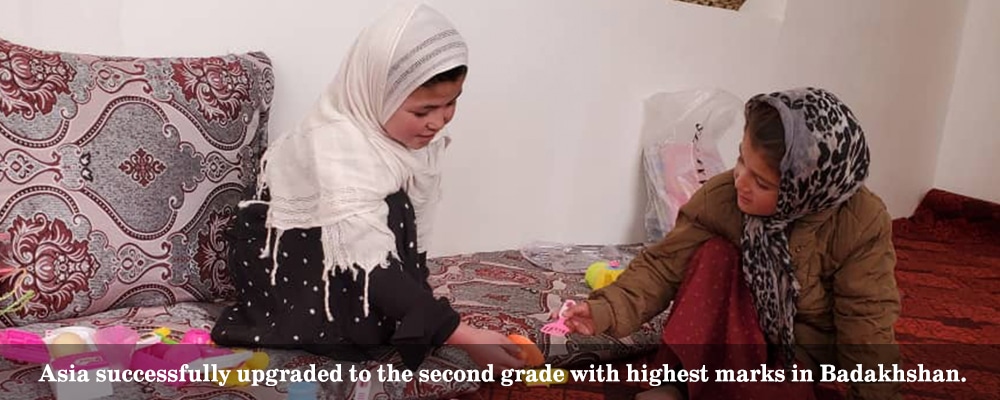
Asia is a second grader on a mission. Living in the Dasht Sar Lola village of Badakhshan, Asia has faced tremendous obstacles in her journey towards education, but she has also discovered the satisfaction of learning and personal achievement. After achieving the highest marks in her first grade class, Asia is determined to see continued […]
An Education Back on Track: Royesa’s Story
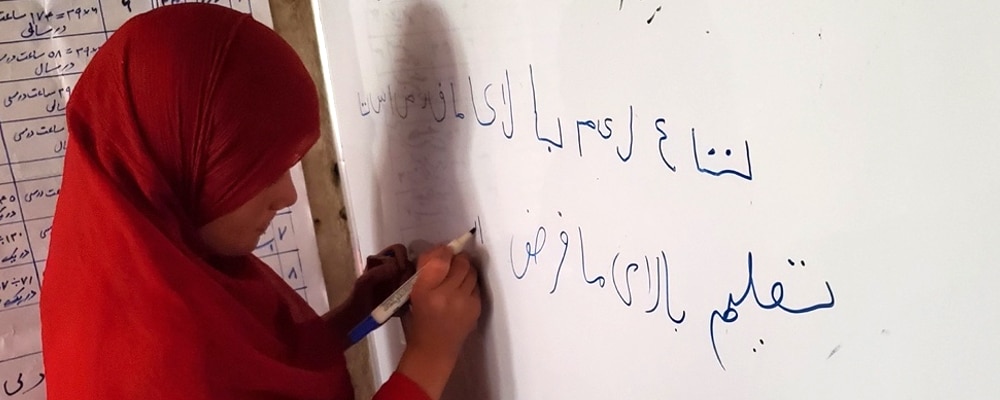
In the Ishkashan Village of Badakhshan District, Afghanistan, primary education is not a guarantee. Although all children are expected to attend primary school through sixth grade, the barriers to attendance are high. In sparsely populated, mountainous areas, formal school buildings are often a long distance—certainly too long for young children to access—and systemic issues related […]
Nurturing Young Minds
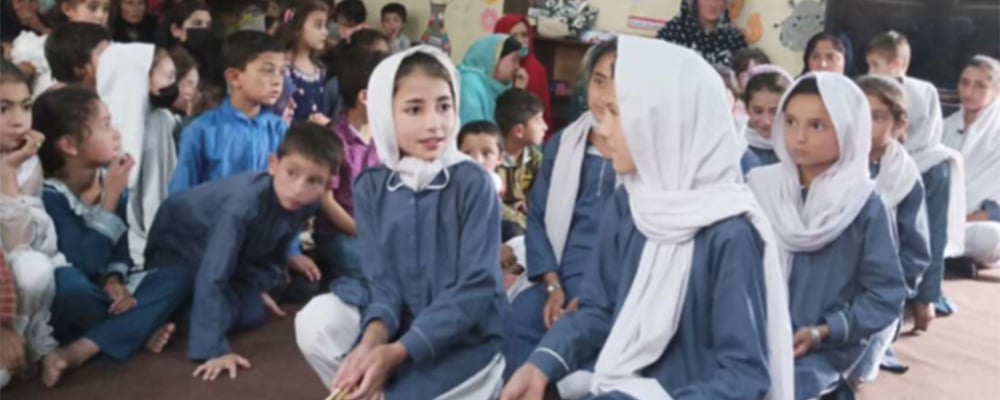
The Early Childhood Development center in Dain, Gilgit-Baltistan, Pakistan, begins each day like all early childhood centers: with smiling teachers greeting their littlest learners. One of those children is Moheed. His mother, Zaheera, knew he would thrive in the social and educational environment, and leapt at the opportunity to enroll him. A new door opens […]
Sitora’s Story
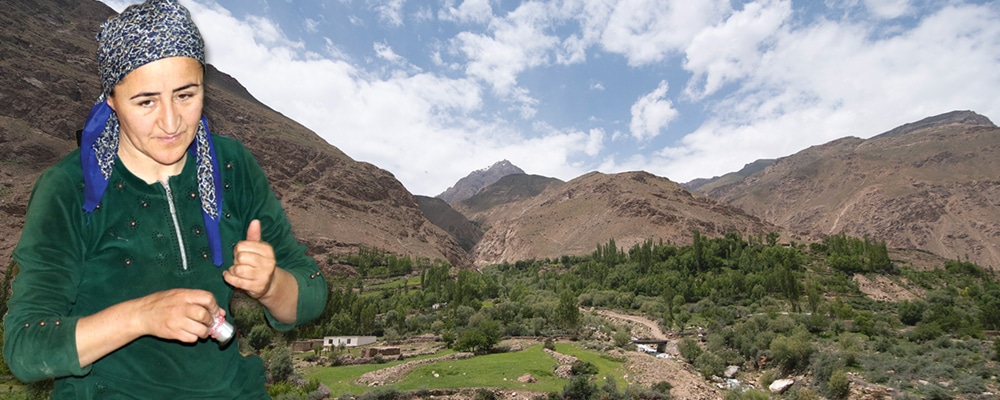
Sitora Majnunova, 41, lives with her brother and daughter in the Roshkala district in Tajikistan’s marginalized Gorno Badakhshan region. Following the death of her husband a few years back, Sitora was at an all-time low. Although she had a passion for sewing, she lost interest in life. She explains, “I had stress and was sick […]
Sadia’s Story
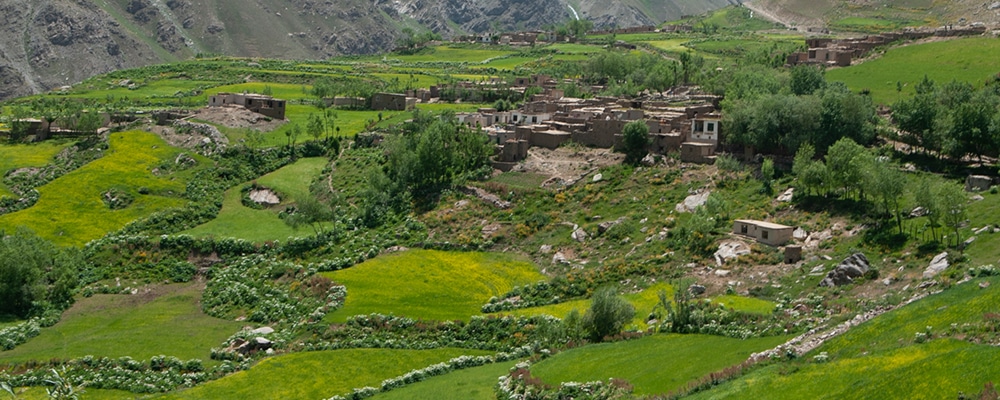
Sadia Sahar, 24, lives with her large family in the Khash District in Badakhshan. Her parents are farmers. While Sadia was lucky to attain a bachelor’s level education, she worried about her ability to work, especially under Taliban rule. “We are a family of ten and I am the eldest. I completed my studies, but […]
One Student, One Tree
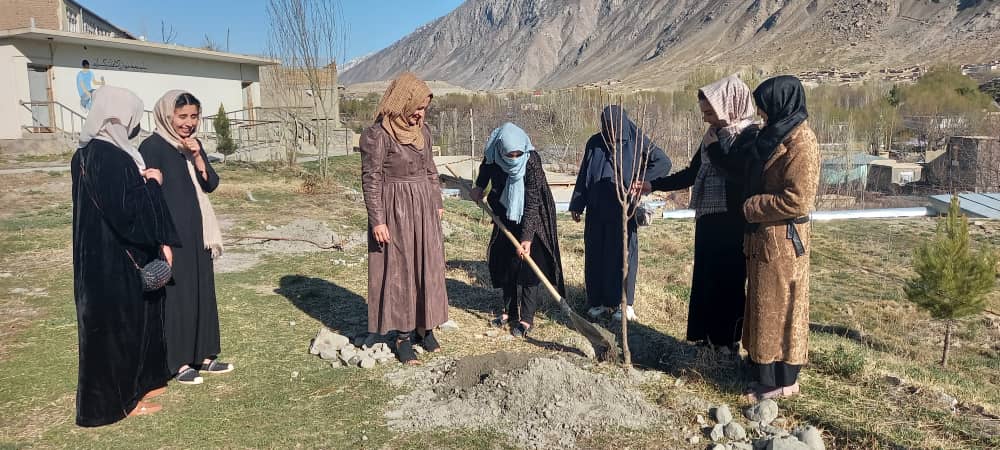
For the teachers of Central Asia Institute’s Afghan Girls Education (AGE) program, environmental stewardship and education go hand in hand. This spring, classrooms in four Badakhshan districts launched a new initiative to plant one tree for every student in class. Their goal: to make Afghanistan green. Mrs. Bashira, a teacher from Dehqan Khana, was thrilled […]
Preschool #2 Update: A vision realized, brick by brick
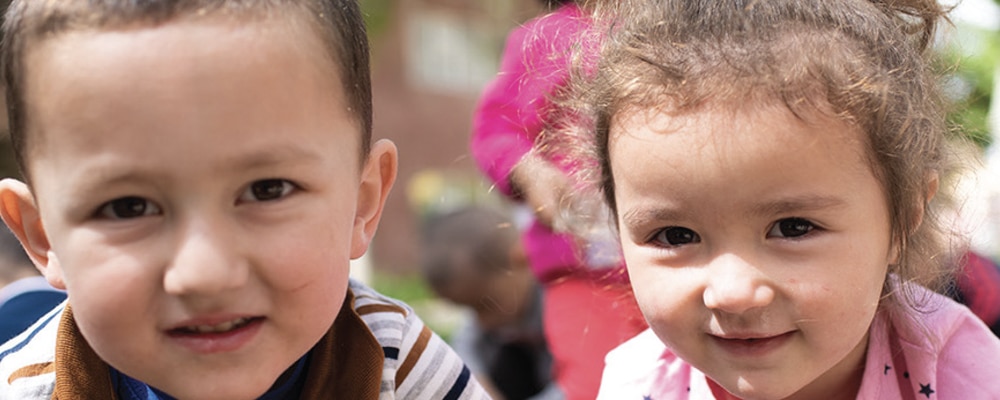
Barushan is a small town nestled in the Pamir Mountains in Tajikistan’s Gorno-Badakhshan Autonomous Oblast (GBAO) region. A poor and isolated province, GBAO grapples with neglected infrastructure and limited economic opportunity. Many of the schools in the region have not been renovated for decades, putting children and teachers at risk of building-related illness and injury. […]
Read, Watch, and Listen. Your Central Asia Study Guide.

BOOKS Defiant DreamsBy Sola Mahfouz and Malaina Kapoor, 2023 Mahfouz and Kapoor shed light on the experiences of everyday Afghan girls and women through Sola Mahfouz’s incredible story. Born at the start of the Taliban’s first reign, she was unable to add or subtract at the age of 16. Through sheer will and grit, Sola […]
Other ways to give
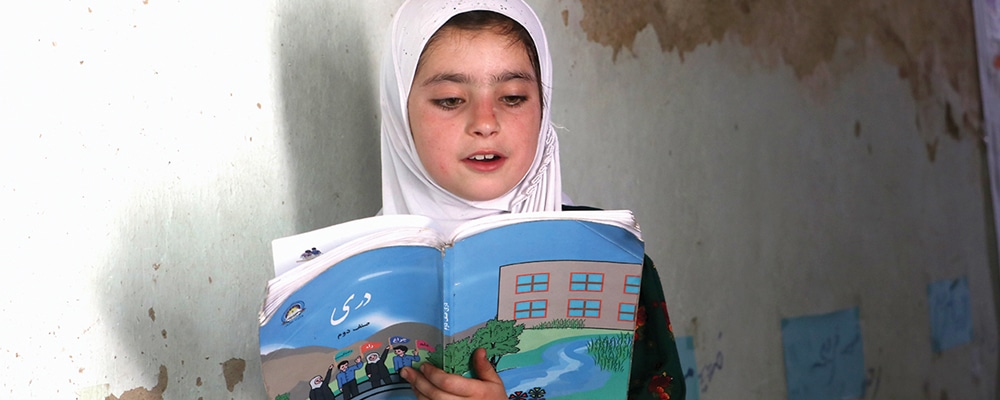
Whether you choose to give a direct monetary donation, a gift of stock, or an in-kind gift, CAI appreciates your support. And we’re excited to tell you about a few new, easy ways to donate. Do you work for a matchmaker? Thousands of companies will match donations made by their team members, retirees, and even […]
Tackling the Climate Crisis on the Frontlines

By Nicolas Pavoncelli Over the past year, Central Asia Institute has been working closely with our partners on the ground to understand how the changing climate is impacting the children, families, and communities we serve, and using education to empower them to mobilize and adapt. The year 2023 is already on track to be one […]
A Closer Look at Central Asia Institute’s Impact in Pakistan

By Libby Daghlian Central Asia Institute’s story begins in 1996 in the mountainous region of Gilgit-Baltistan in northern Pakistan. Today, CAI continues to support 42 schools spread out across six districts and situated among soaring peaks. These schools are full of incredible stories, like the students who grew up to be teachers in the schools […]
PROFILE: Mina Sherzoy CAI Board Member

CAI Board member Mina Sherzoy has never been one to shy away from a challenge. From empowering Afghan women to pursuing a career in fashion design to raising two daughters as a single parent, she has no shortage of impressive accomplishments. Growing up in Afghanistan during the late 1960s and 1970s, Mina’s family supported her […]
Scholarship Spotlight on Afsona
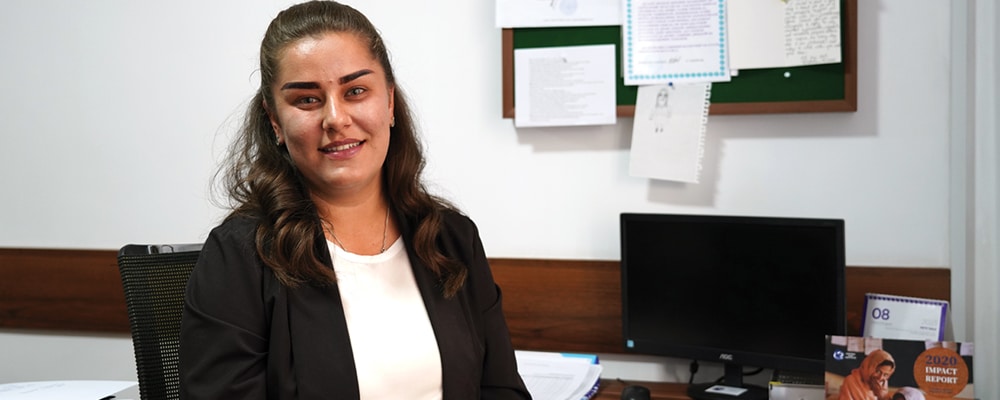
By Libby Daghlian For more than 20 years, Central Asia Institute has supported students in Tajikistan with scholarships to continue their higher education studies. Falling under the pillar of accessibility, scholarships bridge a critical gap for Tajikistan’s young adults. While literacy rates in the country are high and many students graduate high school, the choice […]
Early Learning in Pakistan

By Libby Daghlian Nestled in the breathtaking mountains of Pakistan’s Gilgit-Baltistan region, the city of Dain is home to a thoughtful young preschooler named Moheed. Coming from a modest home, Moheed spent the first years of his life close to his mother Zaheera, observing her daily routines and responsibilities, and testing the limits of his […]
Building a bright future
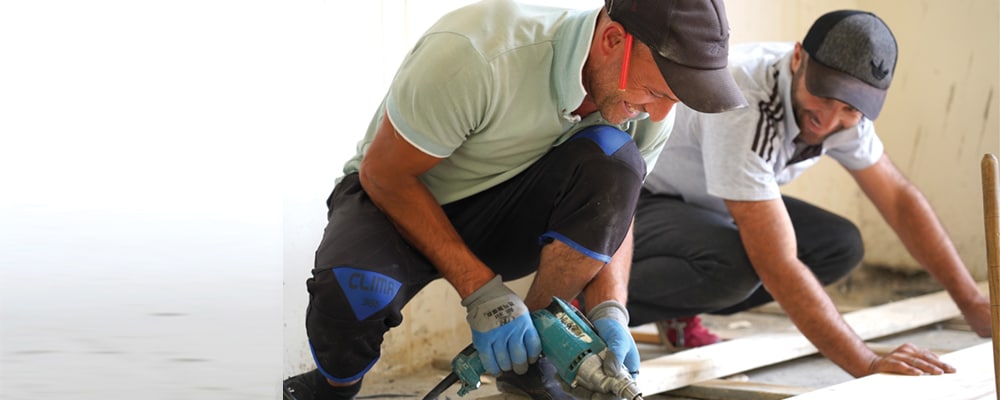
By Libby Daghlian Imagine the start of a perfect school day. You might envision the faces of smiling children waving goodbye to their parents. There might be a bell ringing and open doors to a sturdy and welcoming brick building. Inside, the walls and floors would be smooth and clean, and the temperature would be […]
